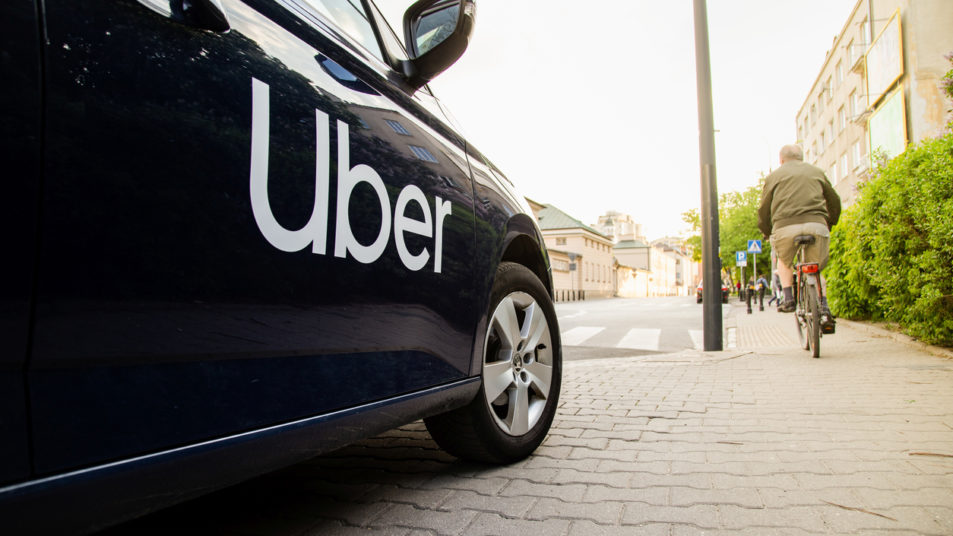Whom Can I Sue if an Uber Driver Hits Me?
Getting into an accident with an Uber driver is rarely an easy experience. You could end up with significant medical bills, lost wages, and other types of financial losses on top of your pain and suffering. And with this type of accident, you might not be sure what your options are for compensation.
The good news is that you’ll generally have a party to file a lawsuit (or insurance claim) against after a collision with an Uber vehicle in California and Nevada. Whom exactly you will sue will come down to the facts and circumstances of the situation. The sections below will fill you in on the details.
Considerations Under California and Nevada Law
It’s helpful to note at the onset that California and Nevada are both considered “at fault” states when it comes to car insurance. Some states follow “no-fault” rules instead; in those states, you cannot file a lawsuit against the at-fault driver unless the accident is especially serious, as defined by state law. In at-fault states like Nevada and California, you can file a lawsuit against the at-fault party after a car accident.
That said, another important consideration is that, as of now, Uber drivers are considered independent contractors in both states. This means in the vast majority of cases, you won’t be able to file a lawsuit against Uber directly in order to obtain compensation.
However, you might be able to file a claim against Uber’s insurance policy, your own car insurance policy, or the driver’s personal insurance policy. You might also be able to file a lawsuit against the driver directly. The best course of action is highly case and fact-specific.
Uber’s Insurance Policies
Uber has three different policies in place, which vary depending on what the Uber driver’s status was at the time of the crash.
The Driver Is Offline
If the driver is not online at the time of the accident – meaning their driver app is off, and they are not working – then the driver’s own insurance policy will apply to the case. In these circumstances, you may file a claim against that policy (or your own policy, or both), or you may file a lawsuit against the driver. Your best course of action will come down to the terms of the policy in question, your own car insurance policy, and whether the Uber driver will be able to compensate you for the accident.
The Driver Is Available and Online
If the driver is logged into the Uber app and is available to pick up a passenger but has yet to do so, Uber provides limited coverage in the form of:
- $50,000 in bodily injury per person
- $100,000 in bodily injury per accident
- $25,000 in property damage per accident
Note that this coverage will only apply if the driver’s own coverage does not. In this circumstance, you may be able to file a claim against this limited policy or the at-fault driver’s policy. You may also sue the at-fault driver if this coverage is not enough to cover all of your damages.
The Driver Is En Route To Pick Up a Passenger or During a Trip
If the Uber driver has already picked up the passenger or has accepted the ride request and is en route, Uber’s maximum insurance policy will apply:
- $1,000,000 in third-party liability
- Uninsured/underinsured coverage and/or first-party coverage
- Comprehensive and collision coverage, up to actual cash value with a $2,500 deductible
In this sort of situation, it is likely your best course of action to file a claim against that lucrative insurance policy. But again, it is impossible to make that assessment without knowing the facts of the case.
Schedule a Consultation With a Personal Injury Lawyer To Discuss Your Case
If you’ve been involved in a car accident with an Uber driver, you likely have options for compensation. In at-fault states like California and Nevada, you won’t be limited to your own car insurance policy.
In general, your options will come down to the driver’s status at the time of the crash in conjunction with the terms of your and the driver’s personal insurance policies. A personal injury lawyer can help you assess your options and from there, determine the course of action that sets you up best for a favorable outcome.
Most personal injury attorneys offer free consultations, so it won’t hurt to contact one for legal advice.

Leave a Reply